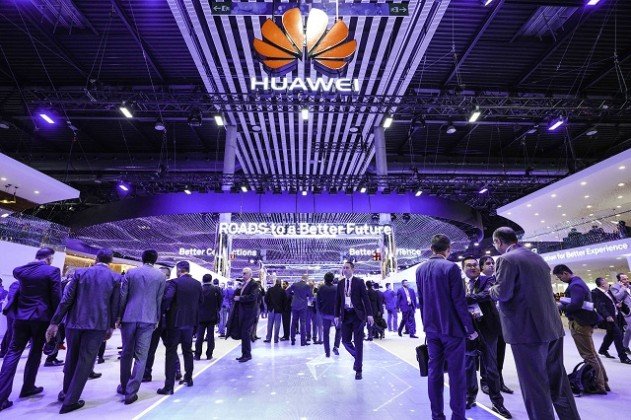Chinese’s Huawei Technologies will open a new information security lab in Germany next month as part of the strategy to sign major 5G equipment deals — without any ban from regulators, Reuters reported.
 The opening of the information security lab in Germany will enable source code reviews, in a major step aimed at winning regulators’ confidence before the country’s 5G mobile spectrum auction slated for the first quarter of 2019.
The opening of the information security lab in Germany will enable source code reviews, in a major step aimed at winning regulators’ confidence before the country’s 5G mobile spectrum auction slated for the first quarter of 2019.
Australia earlier decided to ban Huawei from supplying 5G equipment over concerns it could facilitate Chinese spying. Huawei was also barred from some U.S. government contracts on national security grounds.
Huawei could not win the much publicized 5G equipment deal from T-Mobile US. The US subsidiary of Deutsche Telekom selected Nokia and Ericsson for the nationwide roll out of 5G networks.
India’s BSNL recently said it will review its association with ZTE, another telecom network supplier from China.
The Federal Office for Information Security (BSI) said Huawei will open the lab on Nov. 16 in Bonn, where the BSI and other key regulators are based.
Deutsche Telekom, the partly state-owned market leader with business ties with Huawei, is also headquartered in the former capital.
The lab would facilitate source-code reviews, a BSI official said. This entails examining the programming language used to run network gear, for example screening it for vulnerabilities such as back doors that might allow spy agencies to gain covert access.
 Huawei was among a group of telecoms providers and network equipment suppliers that took part in a workshop hosted by the BSI last week to address security in 5G networks that can enable connected factories, self-driving cars and telemedicine.
Huawei was among a group of telecoms providers and network equipment suppliers that took part in a workshop hosted by the BSI last week to address security in 5G networks that can enable connected factories, self-driving cars and telemedicine.
In Britain, Huawei is already subject to the scrutiny of an independent oversight board and set up a technology lab in 2010 to facilitate its work.
Huawei says no inspection has ever found any back doors in the networks it has built, but the UK oversight board did recently fault technical and supply-chain shortcomings in its gear.
Germany’s federal network regulator (BNetzA), based in Bonn, will be finalizing terms for the 5G licensing round that it plans to hold in the first quarter of 2019. Telecom operators in Germany have already demanded for cost-effective spectrum to focus on investments in 5G networks.
Costs of building out Germany’s 5G mobile networks could run to 80 billion euros or 92 billion, making the stakes huge for Huawei, the top global supplier with a market share of 28 percent, and rivals Ericsson, Nokia, ZTE and Samsung.
Huawei has partnered with Deutsche Telekom on a 5G pilot project in Berlin. Telekom said its relationship with Huawei was close: “We have reached several new technical milestones together in recent years,” a spokesman said.
The federal interior ministry, for its part, said in answer to a parliamentary question last week that there was no legal basis to exclude any foreign equipment provider from Germany’s 5G buildout – nor was any such measure planned.
